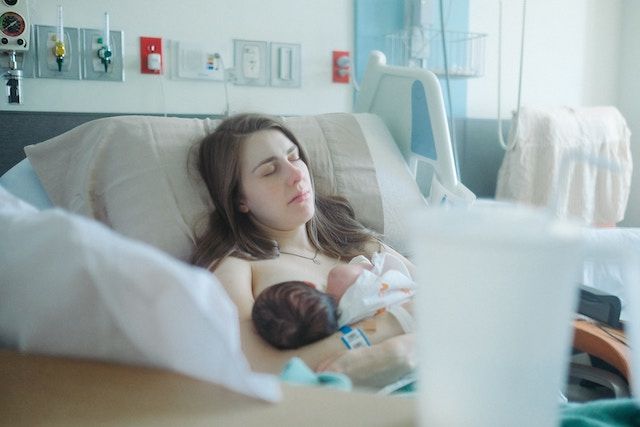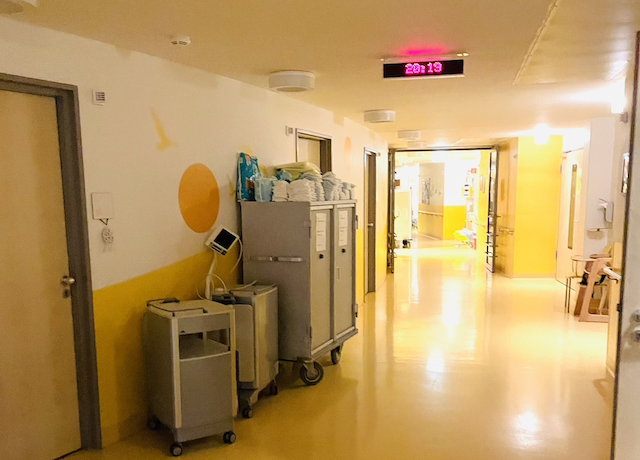Malta's MUMN demands pay rise for nurses and midwives
The Malta Union of Midwives and Nurses (MUMN) Demands Increase in Allowances and Incentives for Nurses
The Malta Union of Midwives and Nurses (MUMN) has recently demanded an increase in allowances and incentives for nurses to encourage young people to join the nursing profession and retain the existing nursing workforce, including foreign nurses. The MUMN claims that salaries for nurses in comparable grades in the private sector are higher than those in the public sector and not sufficient for the retention of foreign nurses. While the union disputes a claim by MaltaToday that its demands would cost the government €130 million, it insists that the government needs to spend more to improve the pay and allowances of nurses.
In response to the government's first proposal, the union dismissed the package worth €4 million as "worthless tissue paper". The government later proposed a package of new allowances worth €40 million for the 4400 nurses and midwives working in state hospitals. However, the MUMN still claims that the end result would be lower than what other healthcare professions receive in Malta. The union is now demanding at least another €30 million.
 Photo by Micaela Parente
Photo by Micaela Parente
The government is expected to respond to the union's demands on March 20. The MUMN is contesting the government's claim that its proposals for higher overtime pay and allowances would cost €130 million because the majority of nurses and midwives do not work overtime. The union also says that the pension incentives to encourage nurses to work until they turn 67 are voluntary schemes that not all nurses will take up. The various contracts being proposed to raise the number of nurses in the ward are also voluntary schemes.
The MUMN believes that if the government truly wants to address the shortage of nurses and midwives, it must improve the salaries and working conditions of nurses, as other countries in the European Union are doing. The union is also critical of the government's handling of the situation, saying that it has used a "hard hand approach" with nurses and midwives, while money was not a problem for private healthcare provider Steward. The MUMN's statement raises important questions about the value placed on the nursing profession in Malta and the wider EU.
The demand for better salaries and working conditions for nurses is not new. Healthcare workers have been at the forefront of the fight against the COVID-19 pandemic and have faced increased workloads, long hours, and high levels of stress. Nurses, in particular, have played a crucial role in caring for patients and have often worked under challenging circumstances. Despite this, nurses' salaries have not always reflected the importance of their work.
The COVID-19 pandemic has also highlighted the importance of investing in healthcare infrastructure and personnel. Nurses and other healthcare workers must be given the resources and support they need to carry out their work effectively. This includes adequate salaries, incentives, and working conditions. Improving the pay and allowances of nurses is not only important for retaining the existing workforce but also for attracting new recruits to the profession.
The demands of the Malta Union of Midwives and Nurses for increased allowances and incentives for nurses raise important questions about the value placed on the nursing profession in Malta and the wider EU. The COVID-19 pandemic has highlighted the importance of investing in healthcare infrastructure and personnel, including nurses. To attract and retain a skilled and motivated nursing workforce, the government must improve the salaries and working conditions of nurses. As the government prepares to respond to the MUMN's demands, it must recognize the crucial role nurses play in the healthcare system and take steps to support and value them.





